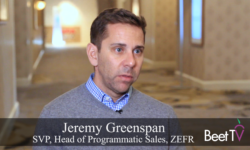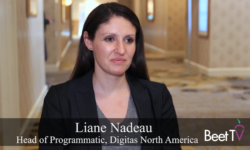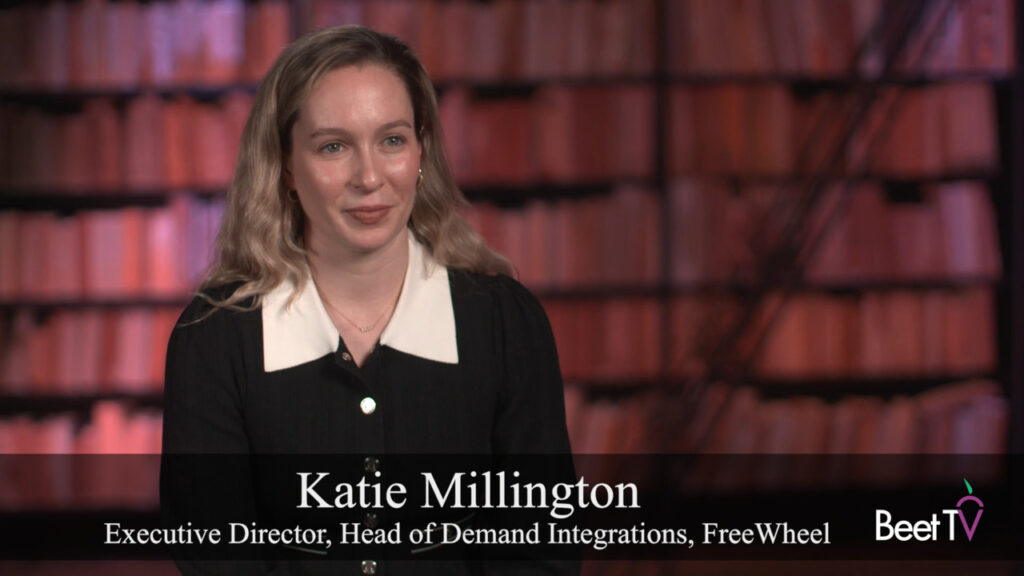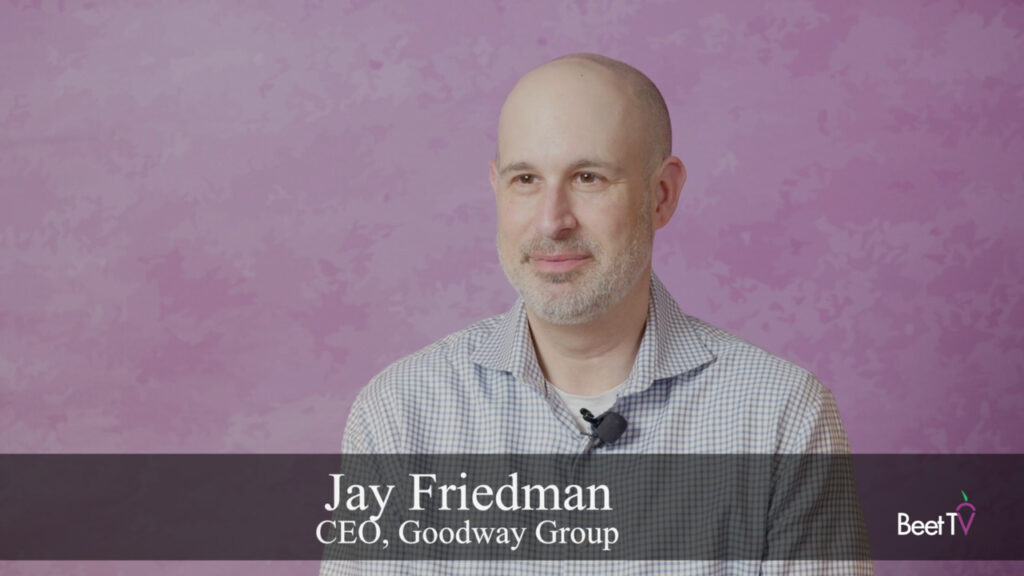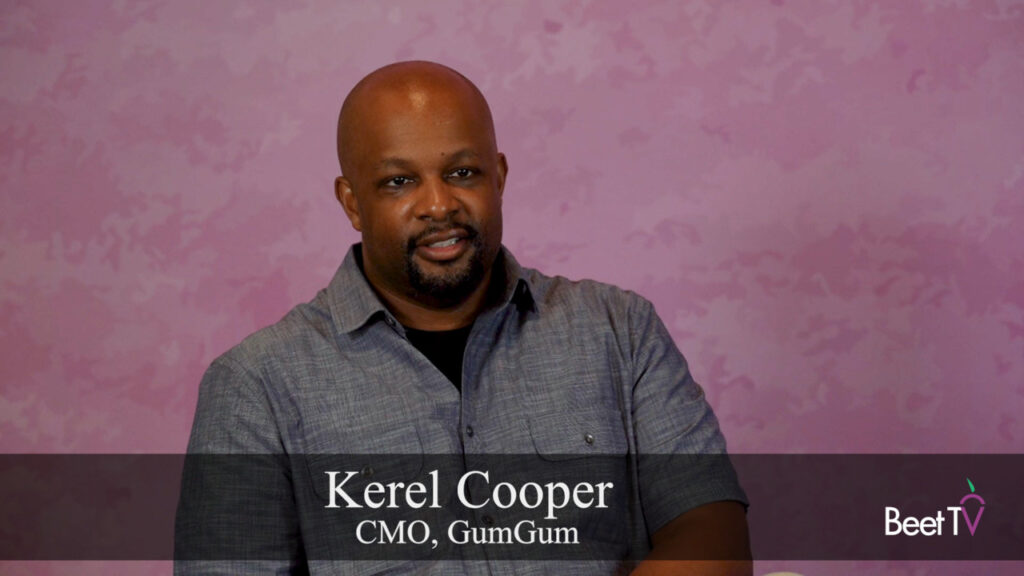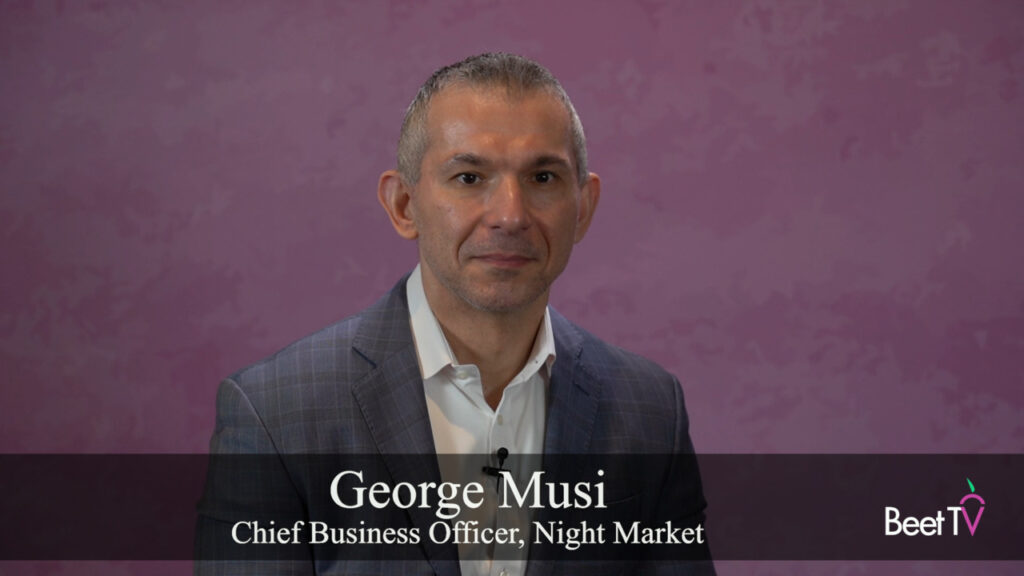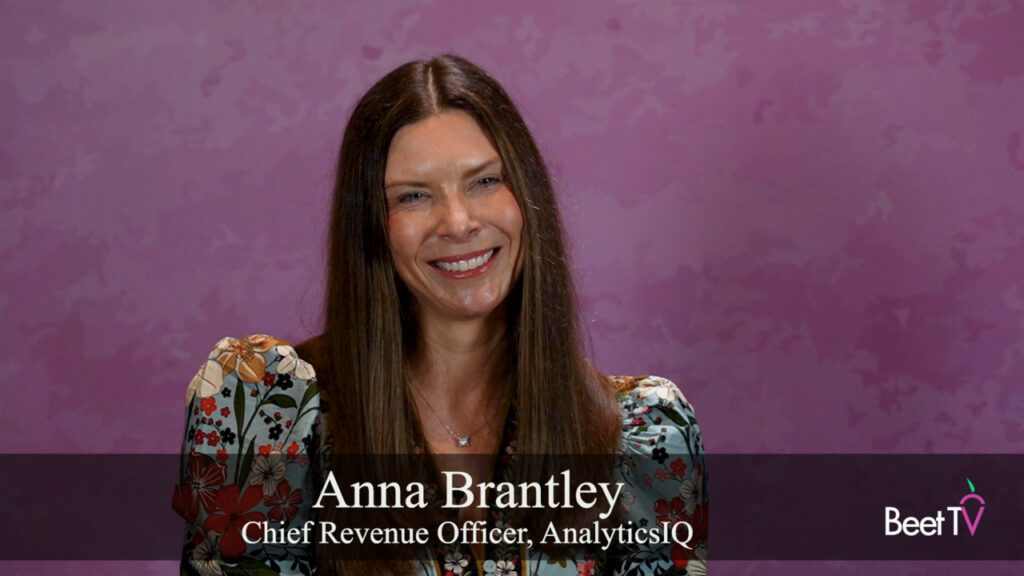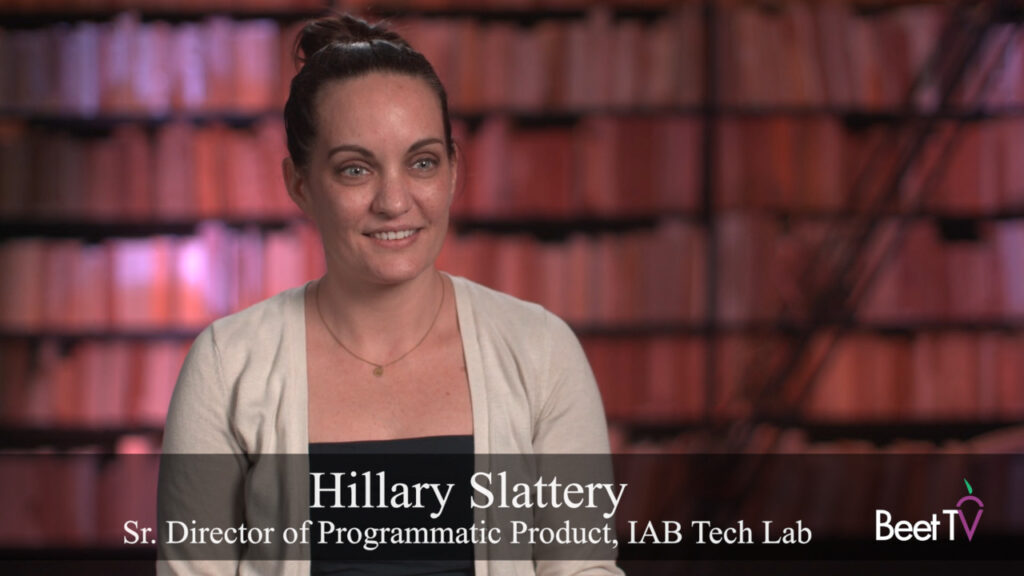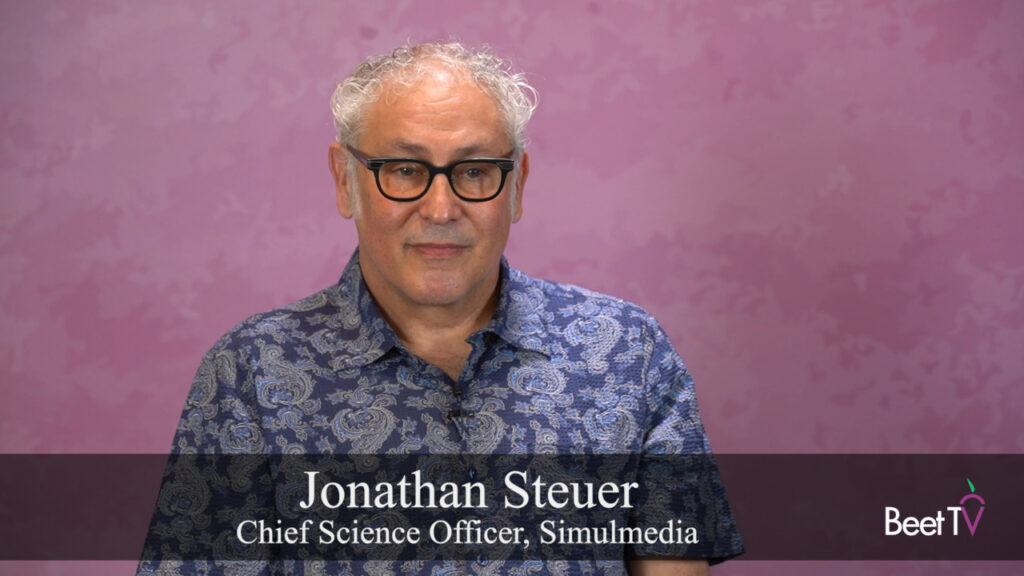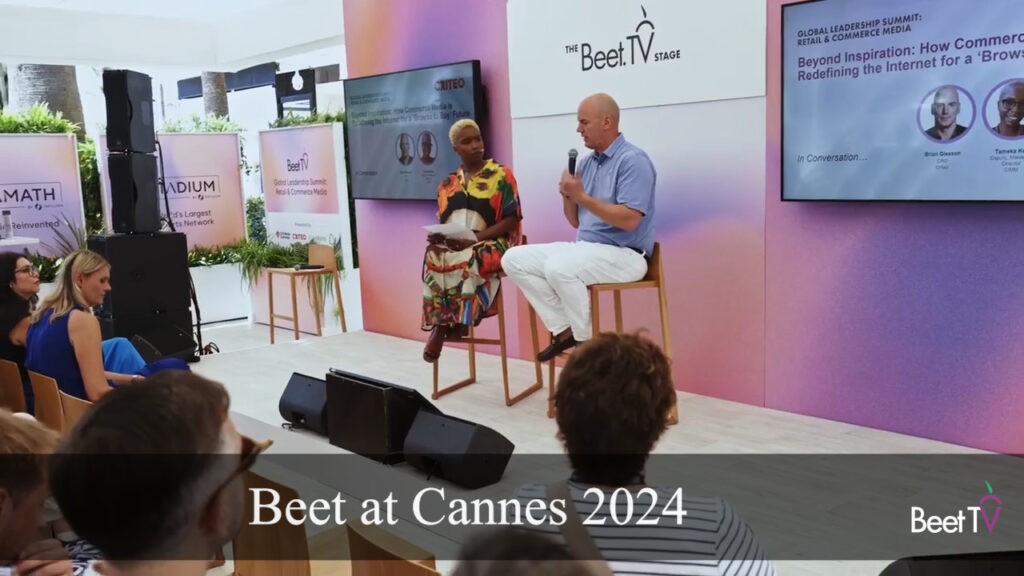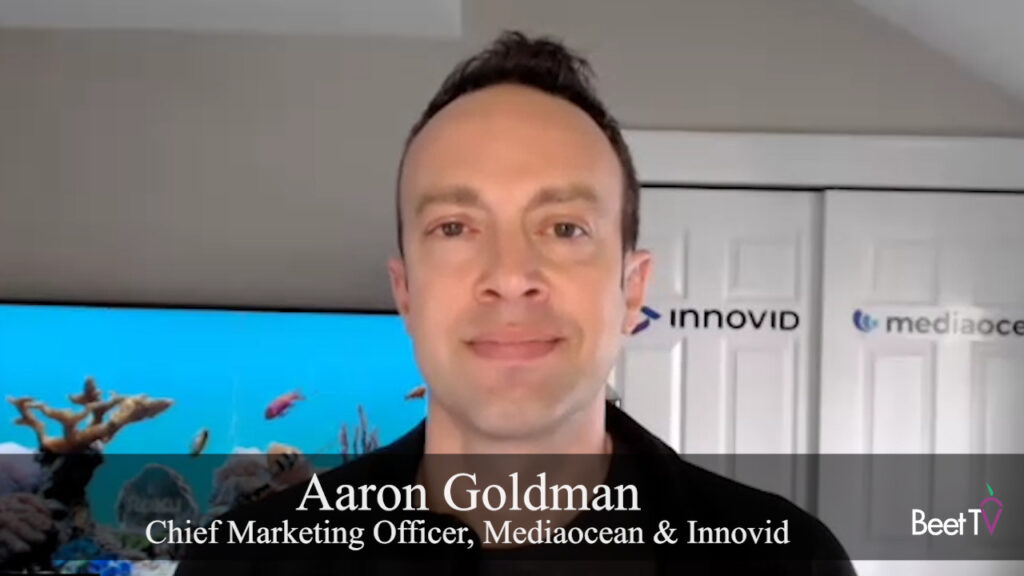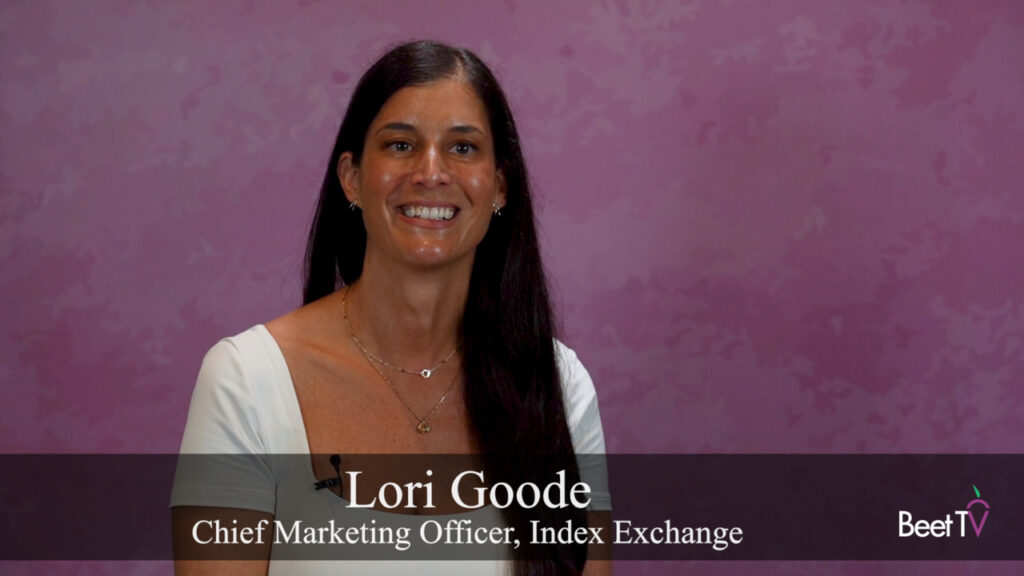The end of the cookie era poses a big challenge to marketers that have historically used the tiny client-side files to track their audiences.
But the emergence of multi-device user modalities had already posed a challenge to that method, and to brands that wanted to gain a holistic understanding of consumers’ cross-platform identity.
In this video interview with Beet.TV, Greg Carr, who works on advertising data partnerships for IBM’s Watson artificial intelligence engine, explains why putting the nail in cookies’ coffin is just fine by him.
“No-one’s ever been in love with some of the solutions we have, but they were kind of necessary,” Carr says.
“As someone who’s kind of bought and sold a lot of audiences, and (is) painfully aware of some of the challenges and pitfalls in that category, I’m really excited about what we’re doing (in the industry).
“We’re getting better understanding in the consumer world of how all this stuff works. We’re cleaning up the stack, the supply chain. We’re removing redundancy. We’re getting better personalization without being creepy. Removing cookies … I think it’s really good for the industry.”
In place of cookies are technologies like identity graphs, which multiple vendors are building by taking privacy-compliant data from a range of sources.
Also, more marketers are looking at building more direct and opted-in relationships with consumers, complying with legislation like GDPA and CCPA.
But Carr cautions against thinking that a user-supplied email address is going to become the single cookie replacement.
“I think it’s a little more complicated than that and we’re going to see a possible outcome as less personalization and more contextual in ways that we haven’t considered it before, things like weather and other signals like that, that are more responsive as opposed to user based,” he says.
Carr’s Watson began life as a question-and-answer technology. These days, it is also a cloud-hosted computing platform that provides a range of cognitive services.
After acquiring The Weather Company, Watson also now makes local weather conditions available to ad companies as buyable attributes.
“We pass weather by zip to LiveRamp,” Carr says. “They group it into IdentityLink-based segments and push those into the DSP (demand-side ad platform) space.
“We have a Watson machine learning modelling capability within LiveRamp’s IdentityLink space that we sort of co-sell with LiveRamp.”
The interview was carried out by Beet.TV director of editorial and strategy Jon Watts.
This video is part of Beet.TV’s coverage of RampUp, LiveRamp’s summit for marketing technology in San Francisco. This series is co-sponsored by LiveRamp and ZEFR.







